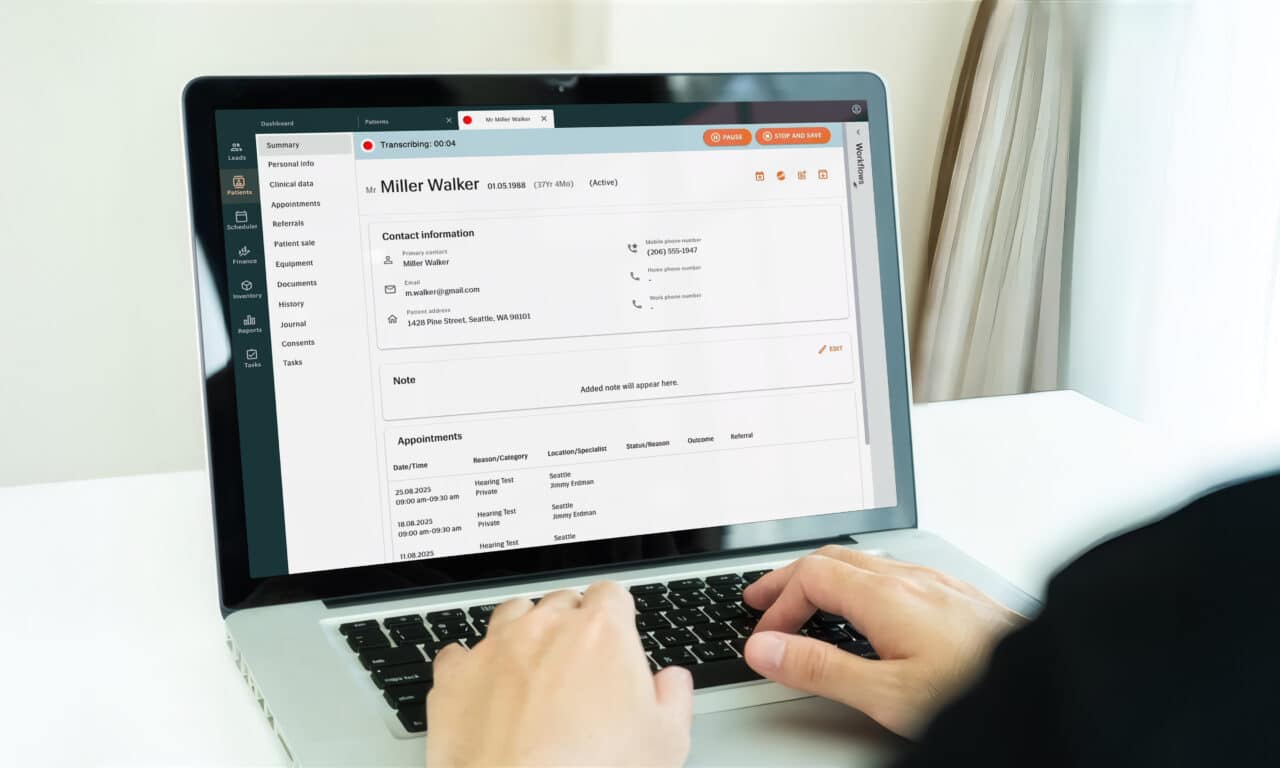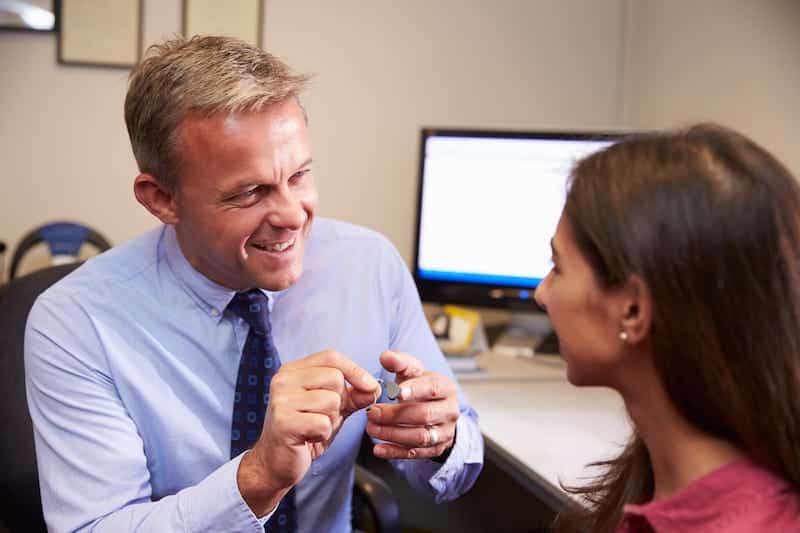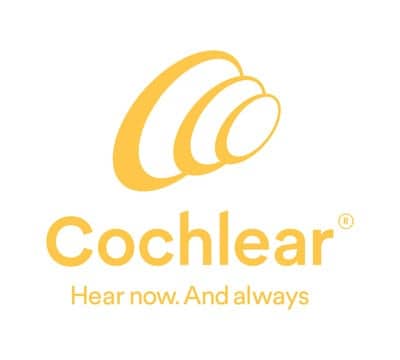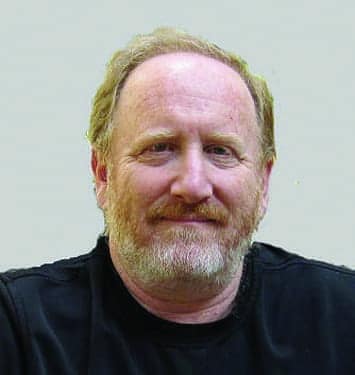More Connection, Fewer Clicks: AI Notes That Put Patients First
Auditdata’s new, AI-powered Notes Assistant is revolutionizing clinical notetaking in audiology, and is a more efficient way to simplify, standardize, and accelerate notetaking and documentation. This innovative tool reduces clinicians’ administrative burdens and frees up their time to focus on patients.



























